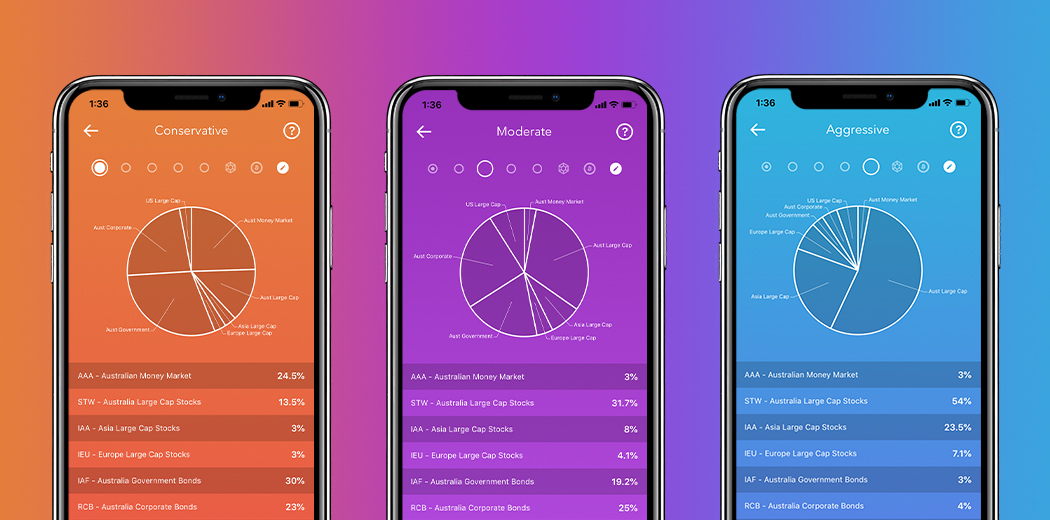
01-03-2021
George Lucas, Raiz Group CEO
Last week, we saw a sell-off in equity markets driven by a significant sell-off in the bond market (a rise in developed market government bond yields).

01-03-2021
George Lucas, Raiz Group CEO
Last week, we saw a sell-off in equity markets driven by a significant sell-off in the bond market (a rise in developed market government bond yields).



For most investors, investing comes with a strong emotional attachment. If stocks go up, it is easy to feel elated. If stocks go down, it is even easier to feel devastated. It’s only through experience in the market that we can learn how unbeneficial it is to be emotionally invested in our investments.



17-02-2021
George Lucas, Raiz Group CEO
First to equities. The MSCI World Index, the broad global equity index representing large and mid-cap equity performance in all 23 developed markets nations, has risen around 6 per cent since COVID-19 vaccination programs started in early December.



When you buy a house for another party you will need to pay Transfer Duty (formerly known as Stamp Duty). However, if you’re a first home buyer in NSW you will only pay a concessional rate or no Duty at all if you meet a set of criteria.



Economist were on the edge of their seats on Tuesday… but not because of GameStop stock. It was the Reserve Bank of Australia’s (RBAs) interest rate decision day, and it came with some surprises. Whilst the RBA governor Philip Lowe announced that the Central Bank will keep its cash rate target at a record low 0.1%, which was expected, he also said that the RBA was unlikely to consider raising this rate before 2024. That is over three years away!



Buying a home at auction can be a pretty stressful time. The money stakes are high and most people are likely out of their comfort zone. Here are some tips to help bid at auctions confidently.



02-02-2021
George Lucas, Raiz Group CEO
Equity markets felt the effects over the last 10 days of the surreal GameStop saga, which saw shares in the retailer, which operates a network of 5000 video game stores in the US, rise stratospherically as day traders laid siege to short-sellers betting against the loss-making chain.



Each Raiz member has their own unique financial personality and preferences – including how and when they invest their money. You might be a round-up specialist, a habitual recurring investor, or deposit one-off investments from time to time when the opportunity is right for you. Think right after pay day for example 😊



We at Raiz are proud of the support from our customers in December whose efforts assisted us in planting trees. The small efforts from our customers have added up to make a big difference, whether it is by improving their finances or helping in our effort to fight the negative effects of climate change.



Purchasing a home is a huge financial commitment. It can often seem daunting and at times even unattainable.